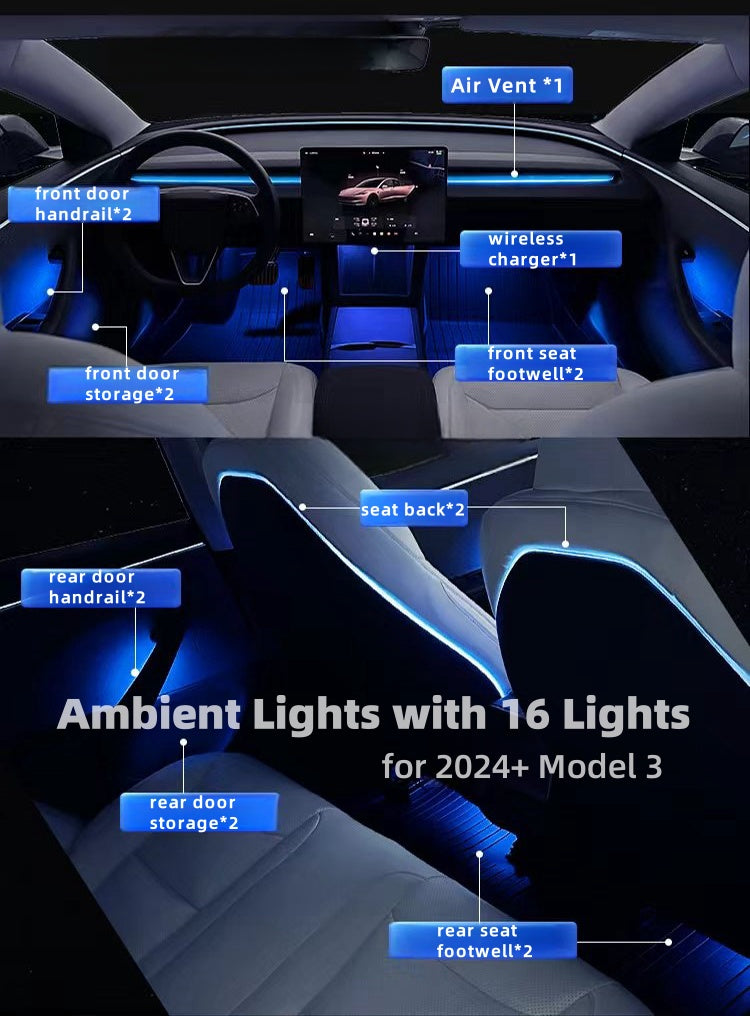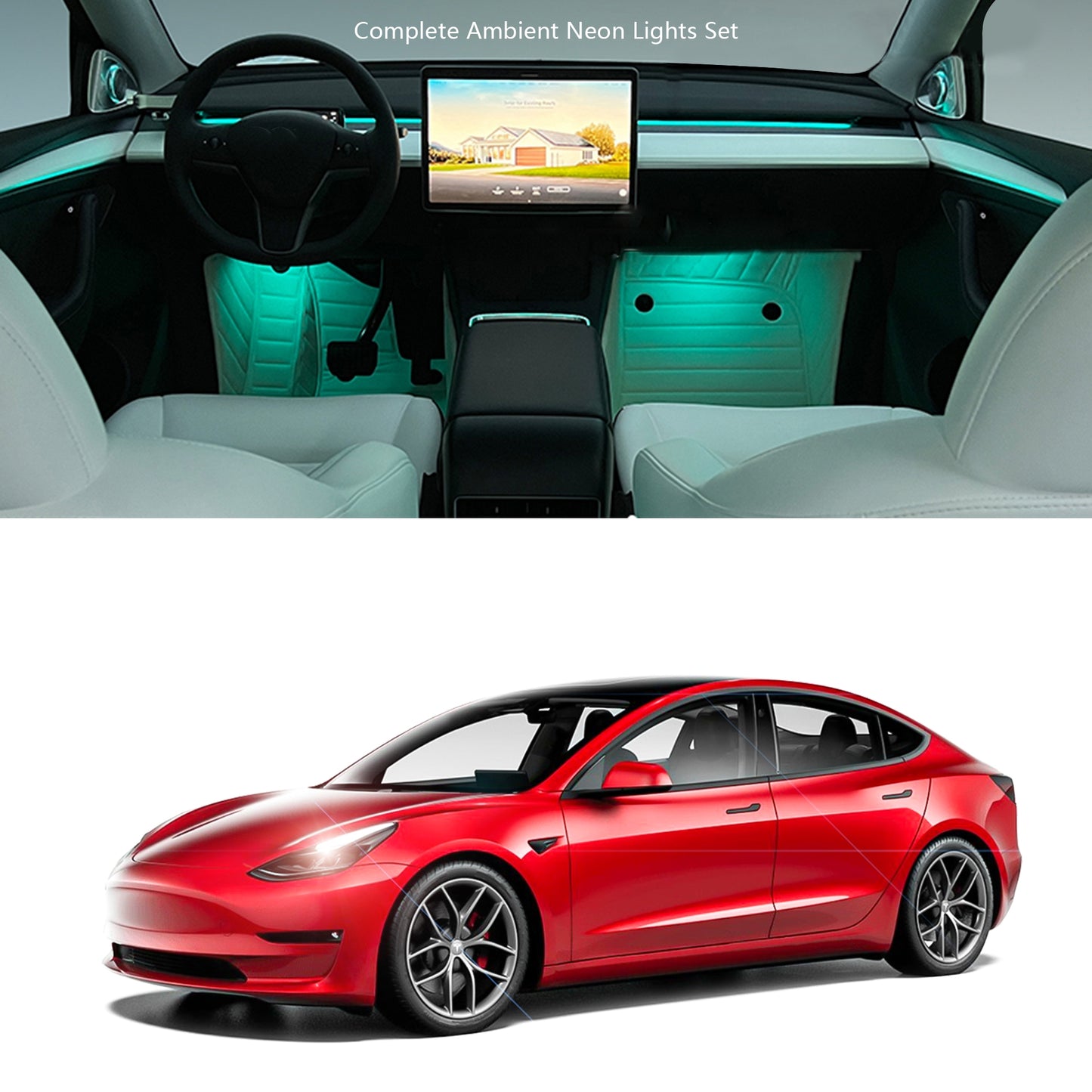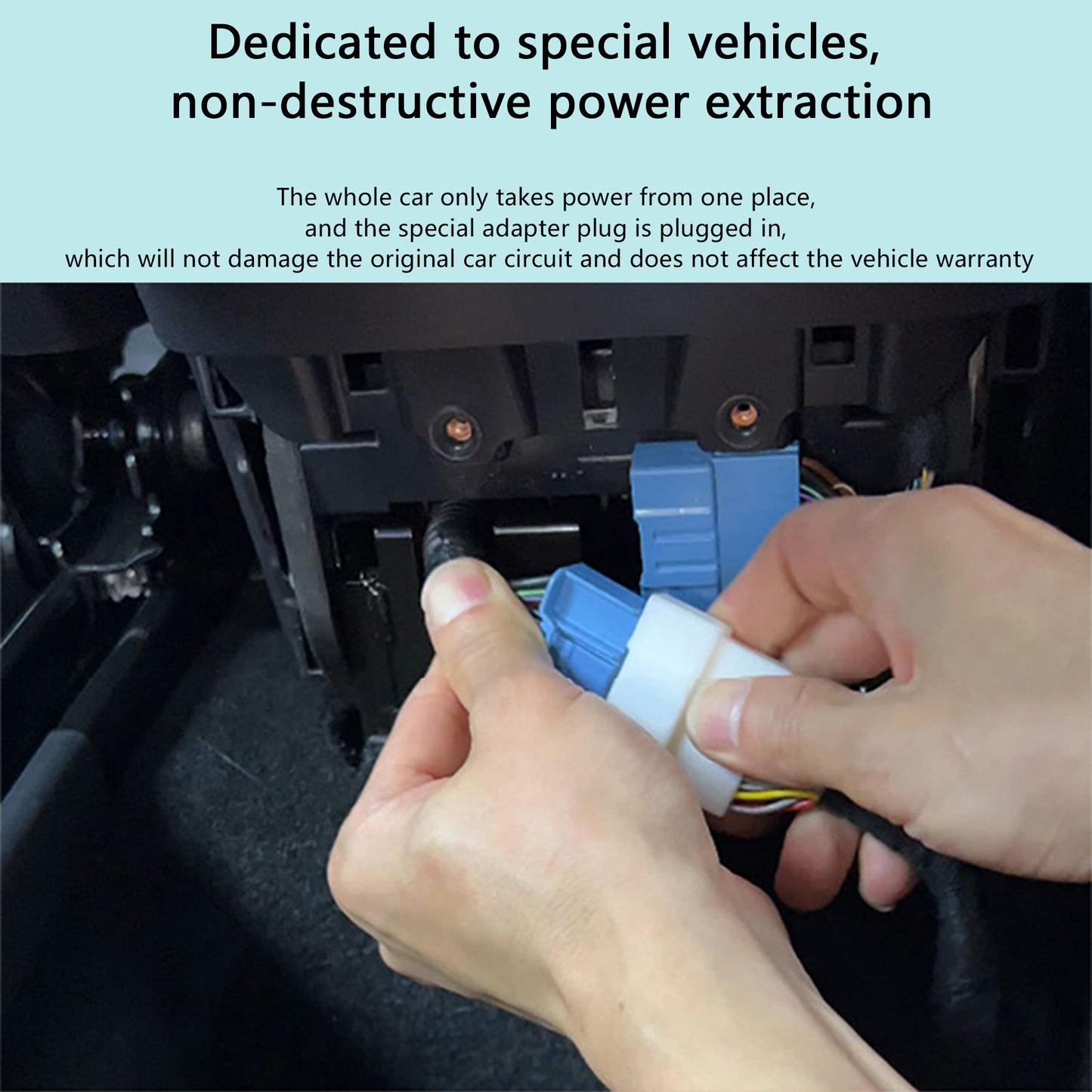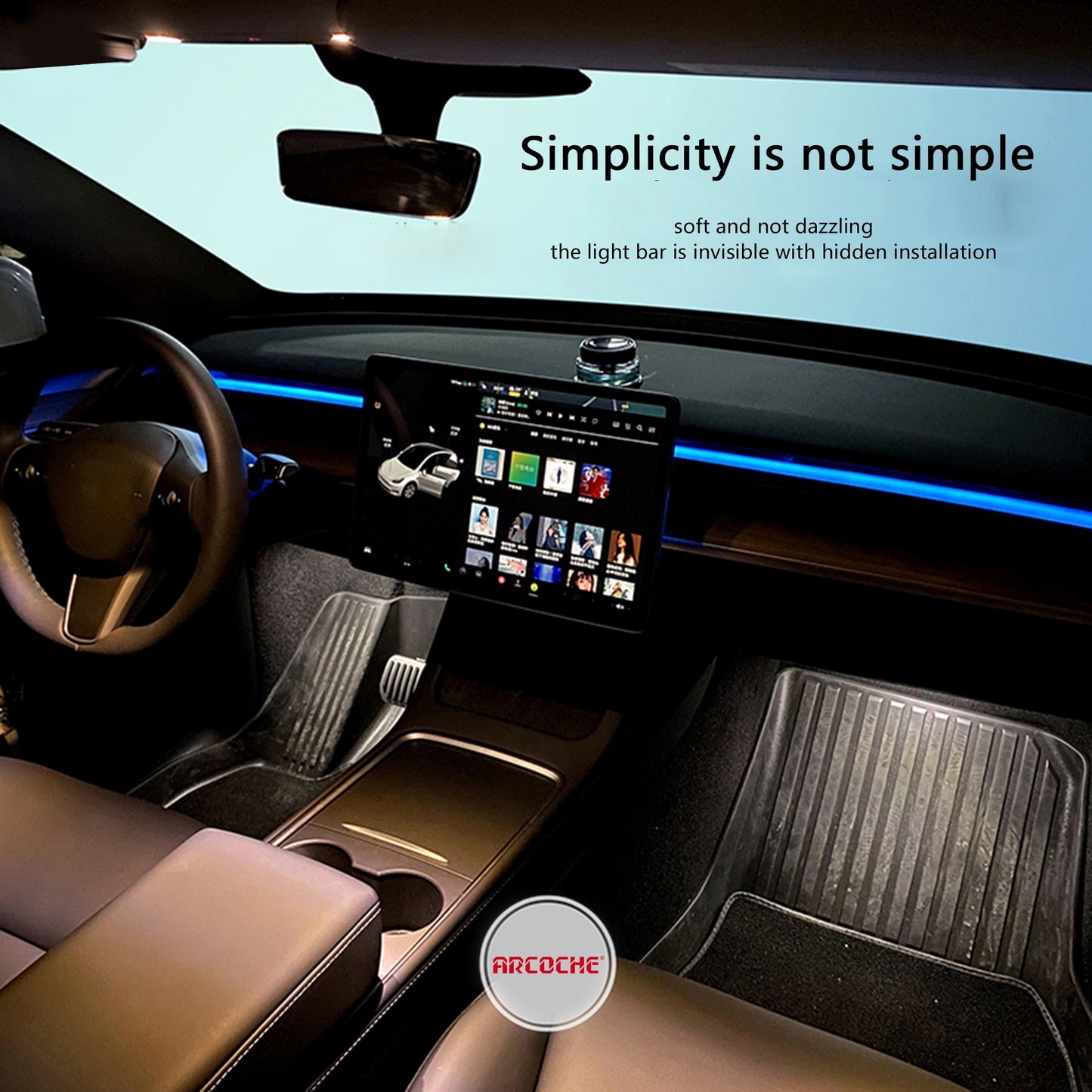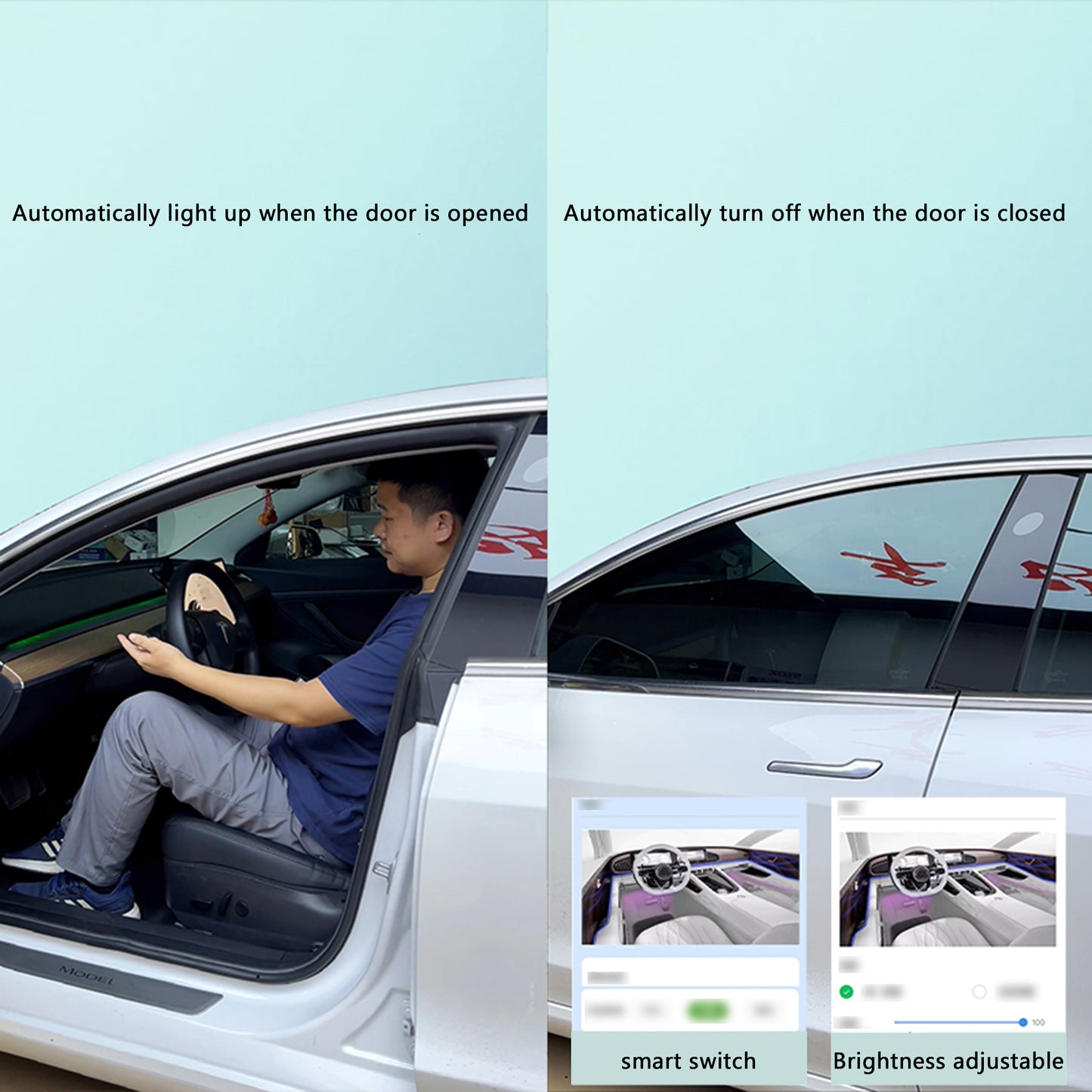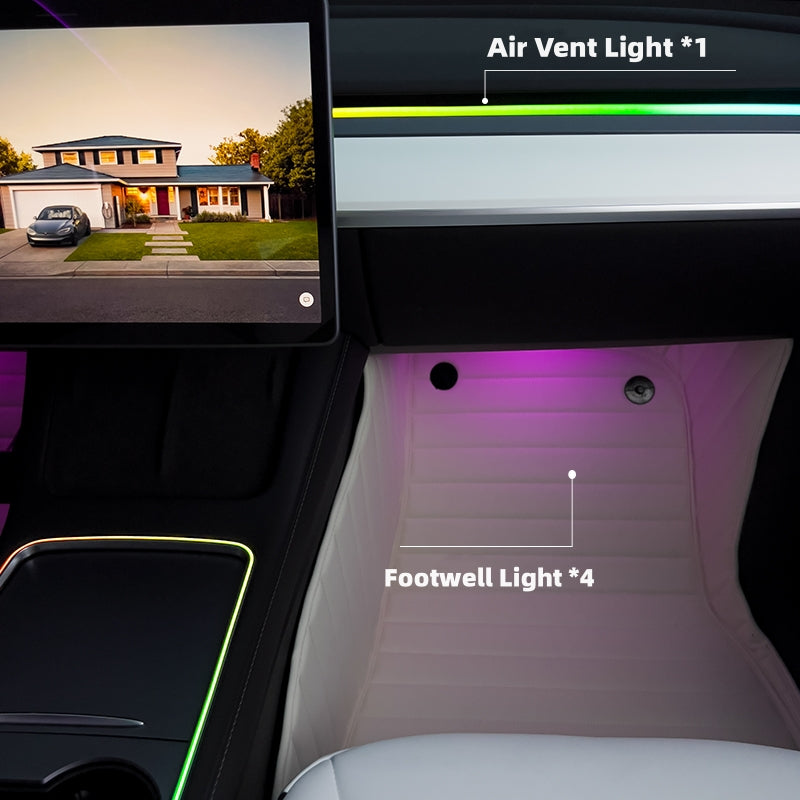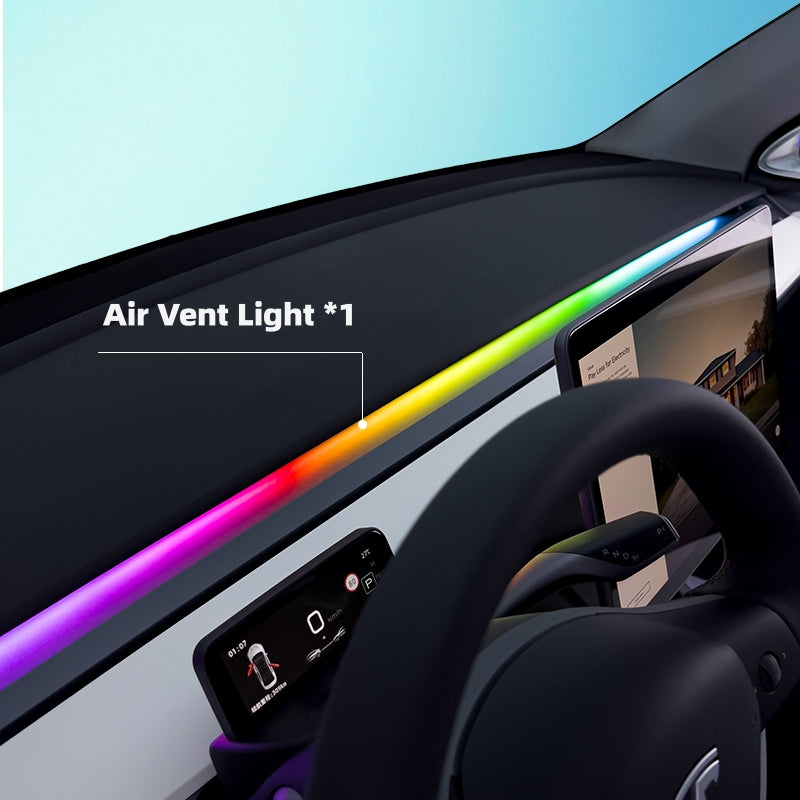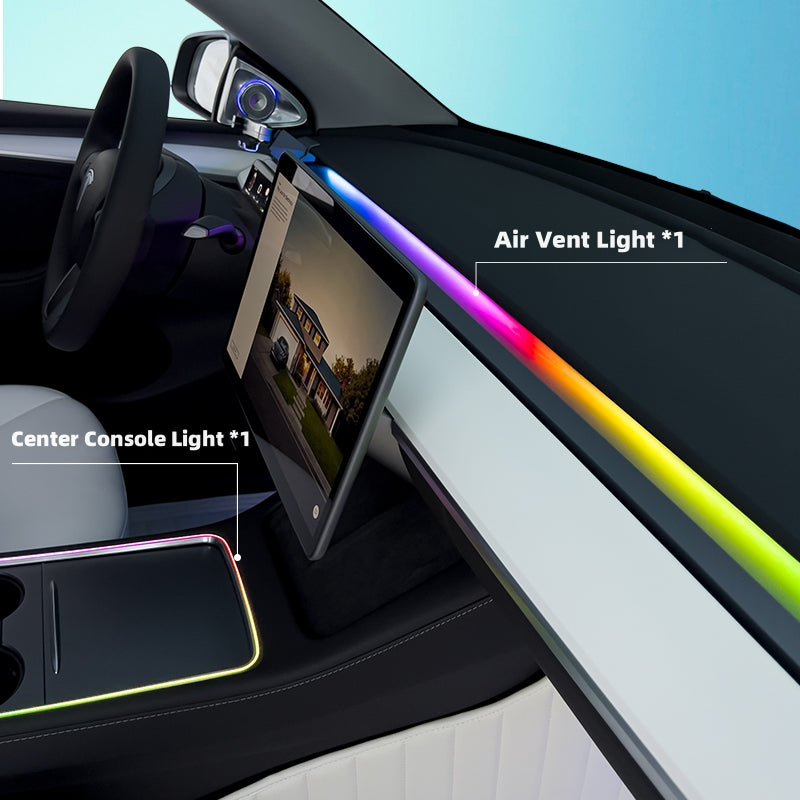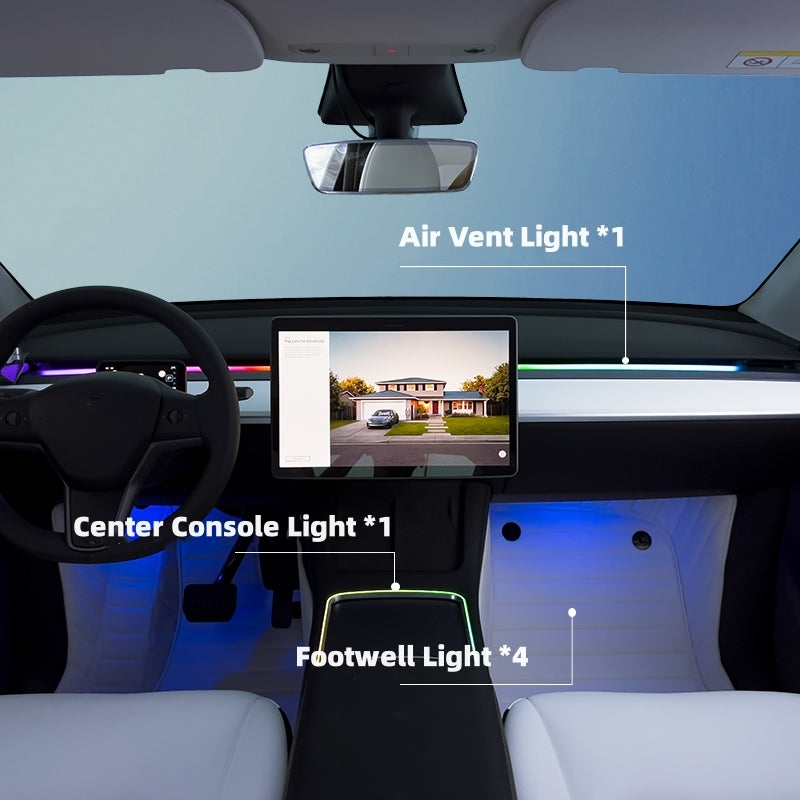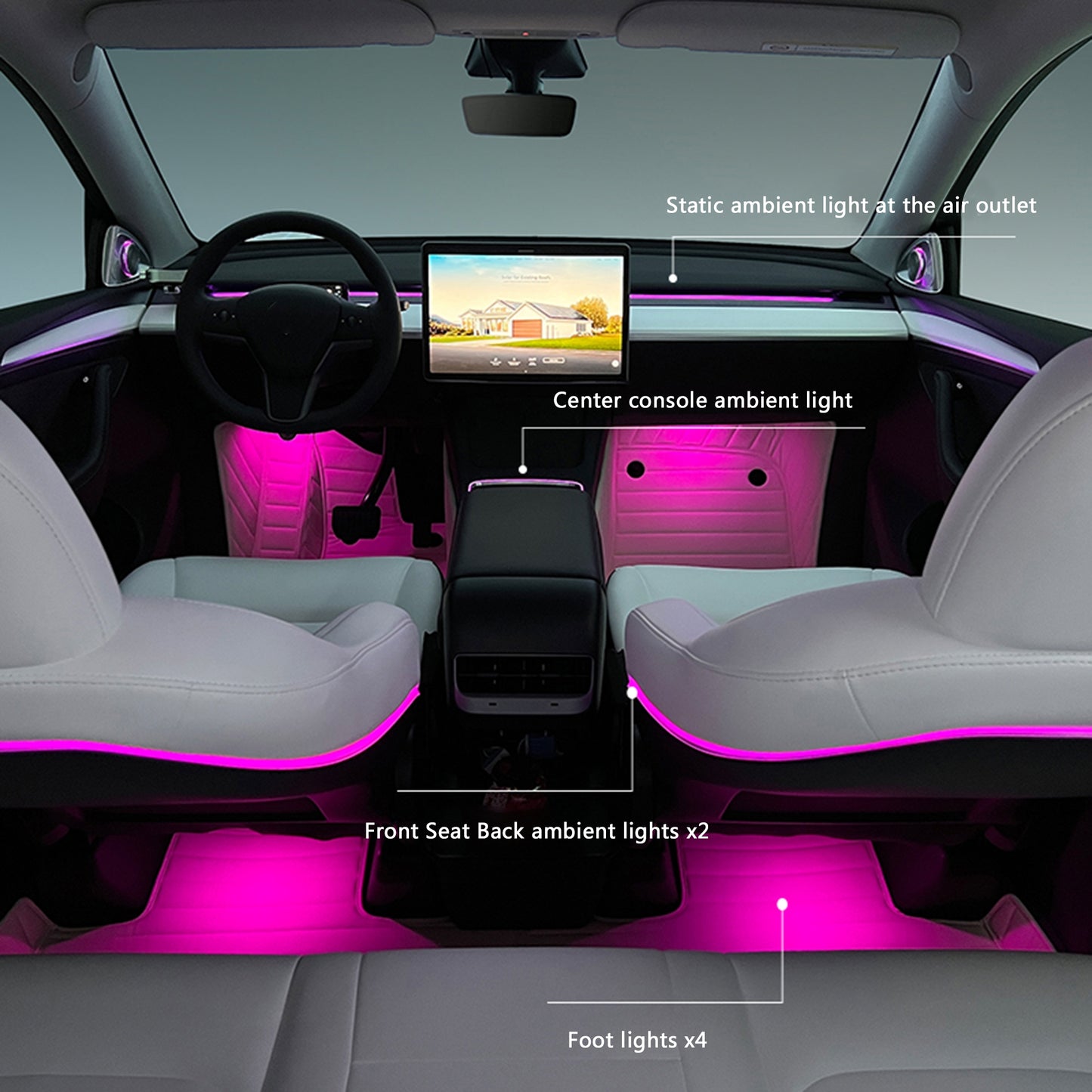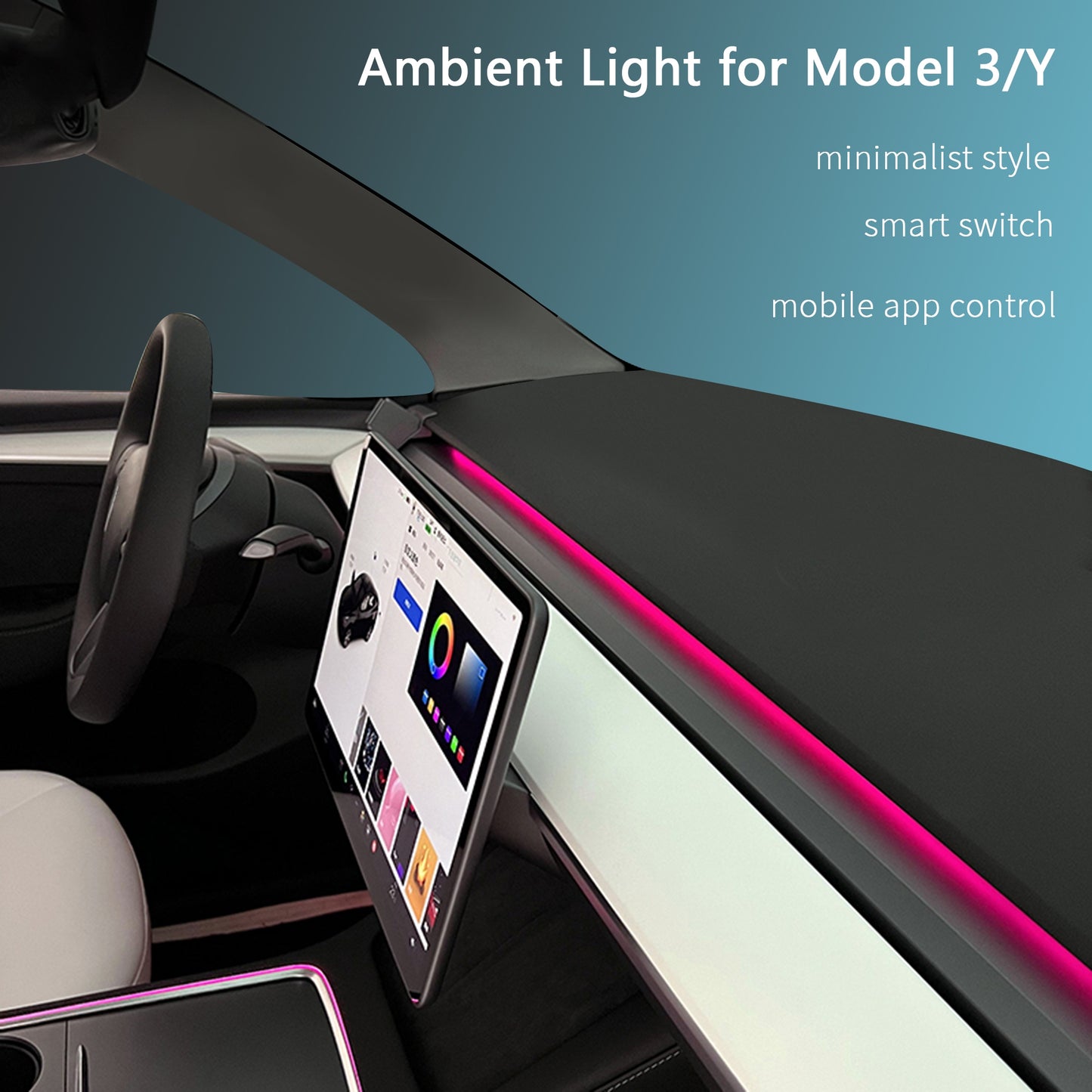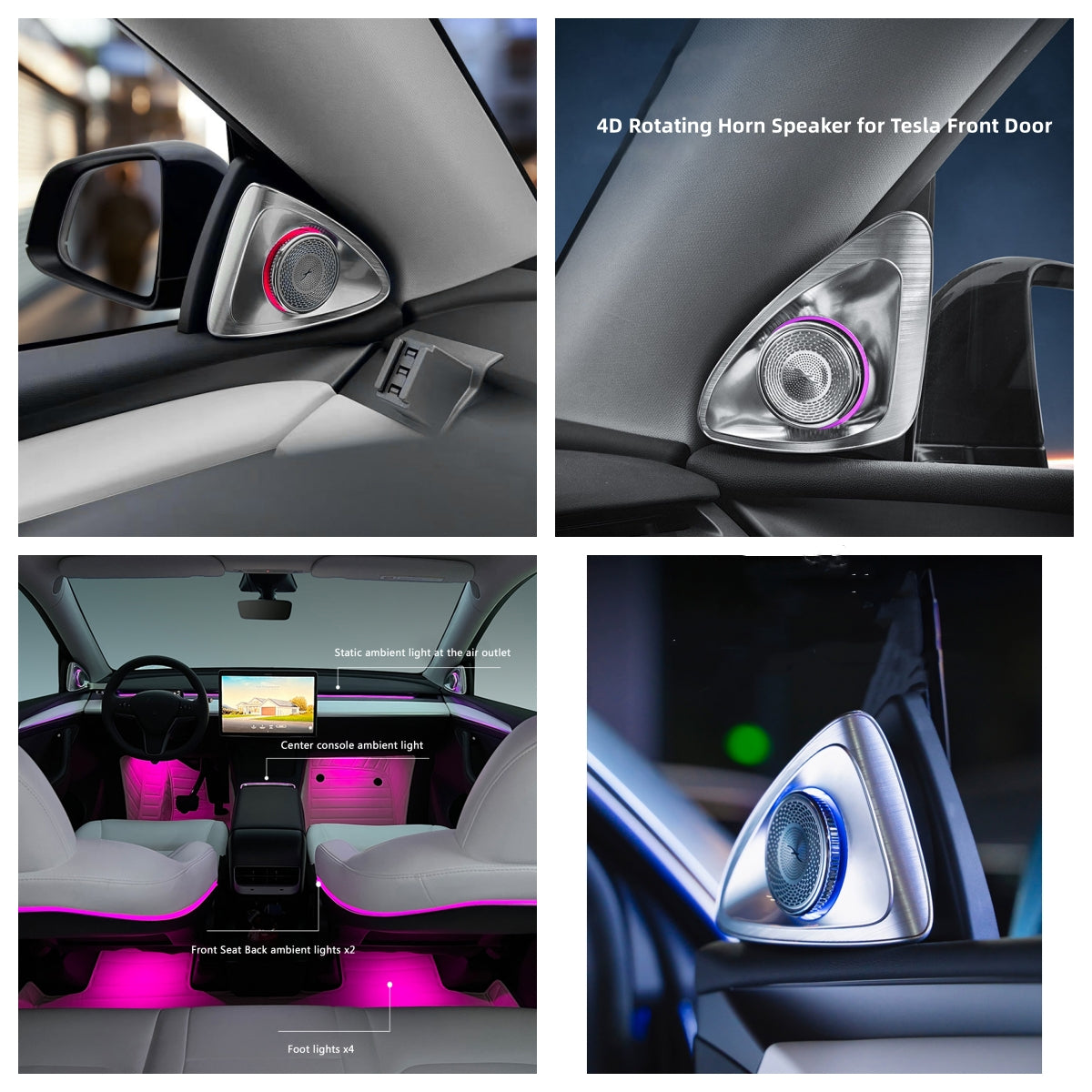
Tesla's FSD Evolution: HW3 Takes a Significant Step Forward
Tesla's relentless push for innovation has reached a new milestone with the recent news of FSD (Full Self-Driving) software version 12.5.1.4 being made compatible with Hardware 3 (HW3). This development is a testament to Tesla's commitment to ensuring that even older hardware keeps pace with their ever-evolving software capabilities.
Achieving Comparable Performance Between HW3 and AI4
One of the most intriguing aspects of this update is the performance comparison between HW3 and the newer AI4 hardware. Tesla's Autopilot director, Ashok Elluswamy, shed light on how the FSD team has managed to deliver performance on HW3 that is nearly on par with AI4, despite the former's more limited computational power.
HW3's version of FSD 12.5 runs a smaller AI model, which was necessary due to the hardware's memory and speed constraints. However, the team has expertly tuned this model to ensure it performs remarkably well, even under these limitations. While the performance isn't identical to AI4, the differences are subtle, and Tesla's vast data pool from HW3 vehicles has played a crucial role in optimizing this version.
The Path Forward: Emulating AI4 on HW3
Tesla's engineers aren't stopping here. They are actively working on bringing AI4's capabilities to HW3. This involves emulating some of AI4's unique hardware functions through software on HW3, a challenging but achievable task. Elluswamy confirmed that Tesla is in the process of implementing these operations, which will eventually allow HW3 to support a larger FSD model.
This ongoing effort suggests that Tesla is not only committed to maintaining HW3's relevance but is also pushing the envelope to extract as much performance as possible from the existing hardware.
What This Means for HW3 Owners
For owners of HW3-equipped Tesla vehicles, this news is promising. It indicates that their cars will continue to benefit from Tesla's latest FSD advancements, even as newer hardware like AI4 becomes more widespread. The ability to run a near-identical version of FSD on both platforms ensures that HW3 vehicles remain competitive and capable in the self-driving arena.
While there may still be some differences in performance between HW3 and AI4, the gap appears to be narrowing. Tesla's proactive approach to supporting HW3 in future FSD updates suggests that these vehicles will remain viable and advanced for the foreseeable future.
The Road Ahead
Looking ahead, Tesla's commitment to refining FSD across multiple hardware platforms is clear. Although specific details about future iterations like FSD V12.6 haven't been disclosed, the groundwork being laid now with FSD V12.5 is encouraging. As Tesla continues to innovate, HW3 owners can rest assured that their vehicles will continue to receive cutting-edge software updates, keeping them at the forefront of autonomous driving technology.
In conclusion, Tesla's latest FSD update is a significant step forward for HW3 vehicles, proving that with the right optimizations, even older hardware can deliver impressive results. As the FSD software continues to evolve, HW3 looks set to remain a key player in Tesla's autonomous driving future.



